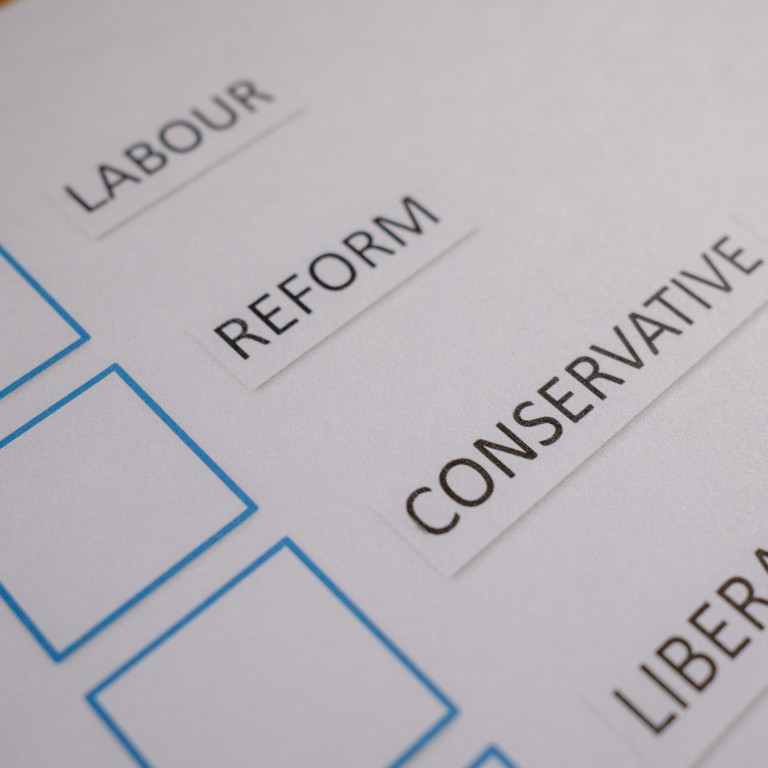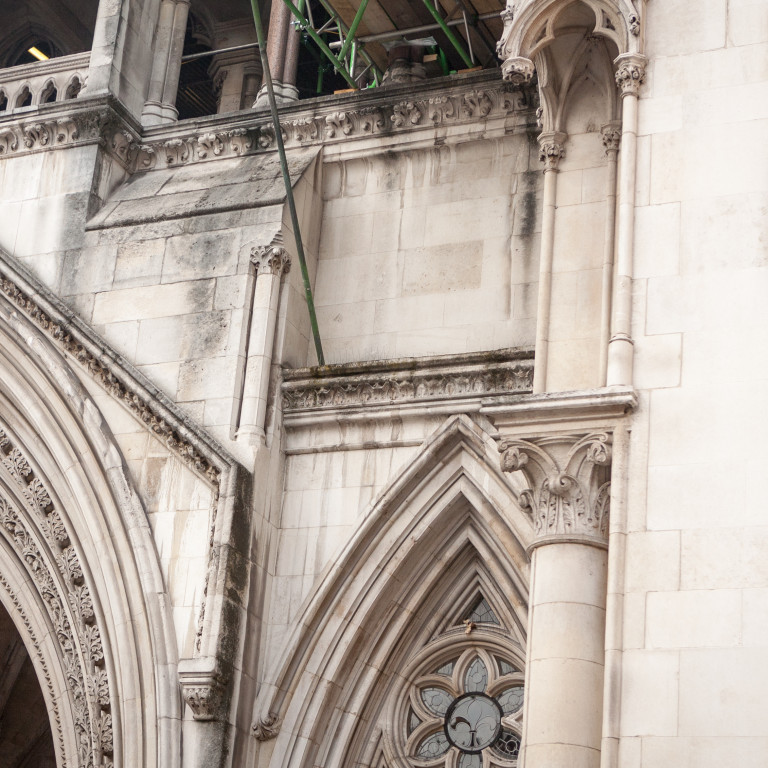Red Bull is in a trade mark dispute with Bullards, an English company named after the founding family that make handcrafted artisan gins and which claim to have used their name since 1837.
Red Bull began in 1987, but despite that still claim they have the right to stop Bullards from registering a trade mark and applying the name to an expanded range of products such as tonics and mixers.
Red Bull has filed an application with the UK Intellectual Property Office (“IPO”) to oppose the registration of the trade mark “BULLARDS” as a UK Trade Mark.
Bullard’s trade mark application filed on 7 August 2020 is pending registration in multiple trade mark classes. These classes include classes 32, 41 and 43 which cover goods such as non-alcoholic drinks, energy drinks and services such as events and entertainment. The mark “RED BULL” is already registered as a UK trade mark for these classes of goods.
What is likelihood of confusion?
Red Bull’s opposition of the trade mark is based on the legal ground of “likelihood of confusion on behalf of the public as both of the brand names “include the term bull”.
Likelihood of confusion is set out in section 10 (2)(b) of the Trade Marks Act 1994 and exists between trade marks when the marks are so similar and the goods and/or services for which they are used are so related that consumers would mistakenly believe they come from the same source.
How to demonstrate likelihood of confusion
In their opposition, Red Bull must demonstrate to the IPO that use of the “BULLARDS” mark for the disputed goods and services specified in the application is likely to cause confusion in the minds of the public that the products the gin company sells are Red Bull’s products, or are associated or connected with Red Bull. Bullards will receive a copy of the trade mark opposition and have an opportunity to submit a defence and counterstatement to the IPO to explain why they do not accept Red Bull’s opposition ground.
If, upon reviewing the evidence submitted, the IPO concludes that a conflict exists between Bullard’s mark and Red Bull’s registered mark, registration of the applicant’s mark will be refused on the ground of likelihood of confusion. Alternatively the IPO will proceed with registering the trade mark.
Why you should register a trade mark
In a letter to Bullards, Red Bull said it was “prepared to resolve this dispute” if Bullards removed energy drinks, events and non-alcoholic drinks from its trade mark application. Russell Evans of Bullards has labelled Red Bull’s claim as “ludicrous” and that removing non-alcoholic drinks from the trade mark specification would result in the company being unable to sell their own brand of tonic waters.
The dispute highlights the problem of businesses trading for long periods without acquiring a trade mark in their name, only to find that when they apply to register a trade mark, another identical or confusingly similar trade mark has already been acquired by a newer market entrant. Often the IPO trade mark examiner will identify the problem and warn the applicant that the owners of existing conflicting trade marks will be notified. However that is not guaranteed and even if the examiner fails to identify the problem, this does not prevent opposition from owners of existing trade mark. The first the applicant hears can sometimes be a letter of claim from the owner of the registered trade mark threatening opposition to their application and even worse, trade mark infringement proceedings.
Provoking trade mark infringement claims is a real risk when registering a trade mark. If the later applicant fails to successfully register their trade mark, in the absence of being able to prove use of the name prior to the earlier registration they can also face trade mark infringement, even if they abandon their application.
Receiving an opposition to a well-planned trade mark application should rarely come as a surprise. It seems likely Bullards either didn’t realise the problem before applying or took a ‘bullish’ approach and went ahead anyway.
What to consider before making a trade mark application
These difficulties can often be avoided by considering the following before making an application:
- Search the IPO’s register of trade marks and only apply for a trade mark when the risk of confusion is sufficiently low
- Even where there is a risk of confusion an application may still be possible at acceptable risk providing it is carefully drafted to avoid conflict with existing marks
- Add a disclaimer to make it clear where your application differs to existing registrations
- Approach the owners of existing trade marks and negotiate a co-existence agreement
- In the worst case scenario, take the initiative and consider an application to cancel or invalidate existing conflicting marks on the basis of your prior rights to the name
Find out more
If you would like any help or support with trade marks, including dealing with oppositions to an application then visit our dedicated Intellectual Property pages or contact our expert team.




